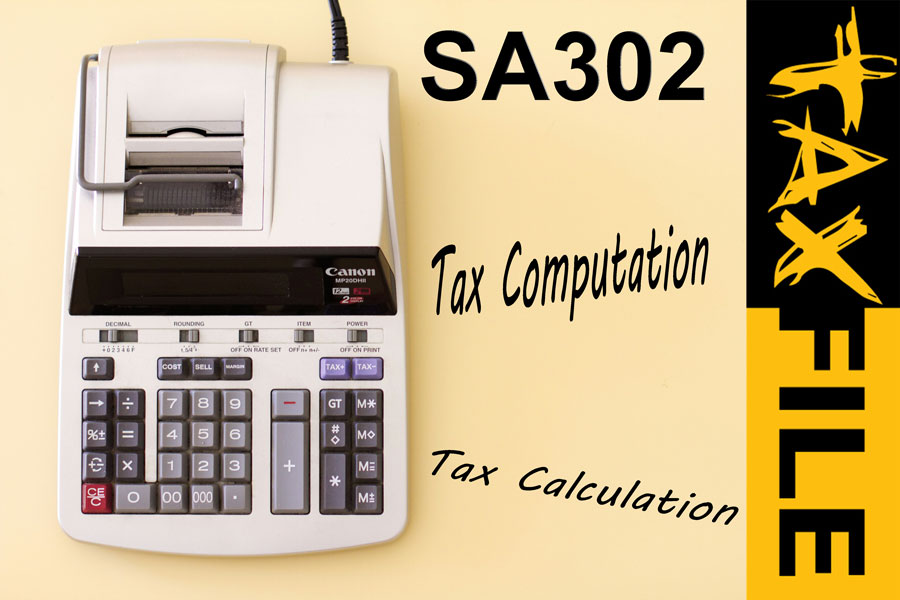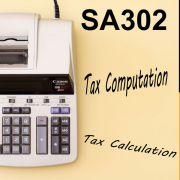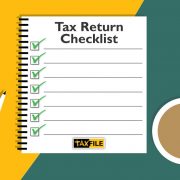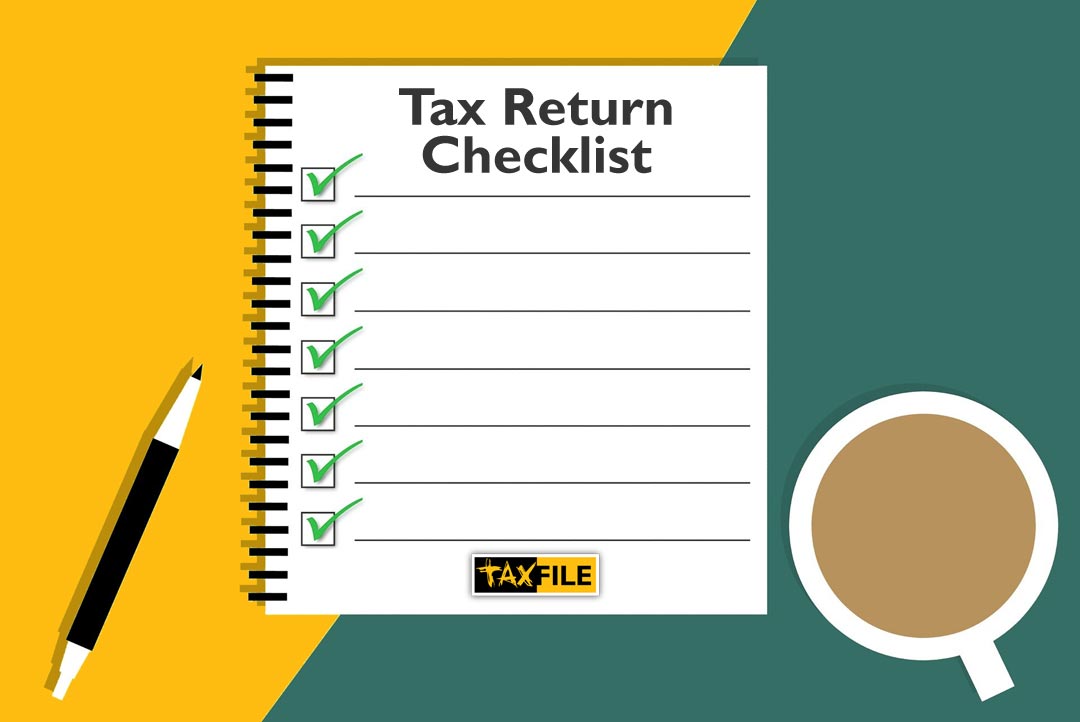Demystifying the SA302: Your Tax Summary Explained

by Faiz at Taxfile
An SA302 is a document issued by HM Revenue & Customs (HMRC) that summarizes your income tax calculation for a specific tax year. It shows how your tax bill was arrived at, including your income from various sources, any deductions and allowances, and the final amount of tax owed or refunded.
An SA302 can be essential documentation in various situations. For instance, you might need it when applying for a mortgage, a visa, or a business loan, as it serves as proof of your income and tax obligations.
How & Where to Get an SA302
If you need a copy of an SA302 there are various ways of obtaining them:
• If you have done your tax return yourself via HMRC’s portal, you can log into your Government Gateway and download copies of them;
• If you have used an accountant that uses external software, then your accountant can provide you with the calculations. It’s worth noting that HMRC has a list of lenders that will accept the tax calculations from the accountant’s software. If your lender’s name is not on this link, then you or your accountant would need to contact HMRC and ask them to send you one. This can take up to 14 days to arrive via post.
Avoiding Errors & Information Mismatches
At Taxfile we receive a lot of SA302s for our clients that have been sent to us by HMRC. This happens when there has been some error or omission on a client’s tax return that was submitted and didn’t match what HMRC had logged on their system. To explain:
HMRC holds the following information about each taxpayer:
• Student loans;
• Private pension contributions;
• PAYE income;
• Jobseeker allowance;
• Child Benefit along with salary information (so, if one of the parents was on a salary of £60,000* or more, then HMRC will recover some or all of the benefit);
* (£50,000+ for the tax years 2023/24 and prior)
• Registration for Class 2 National Insurance.
Because HMRC holds such information, our clients must check their tax returns carefully to ensure all the points mentioned above have been correctly covered and included in the tax return where appropriate. This is a crucial step when we provide the calculation and clients should also carefully read the declaration notes that are provided.
Tax or Accounting Problems?
Taxfile — help when you need it for tax and accountancy issues across South London & the Southwest
Taxfile are accountants & tax advisors in Tulse Hill, Dulwich, Devon & Cornwall.



